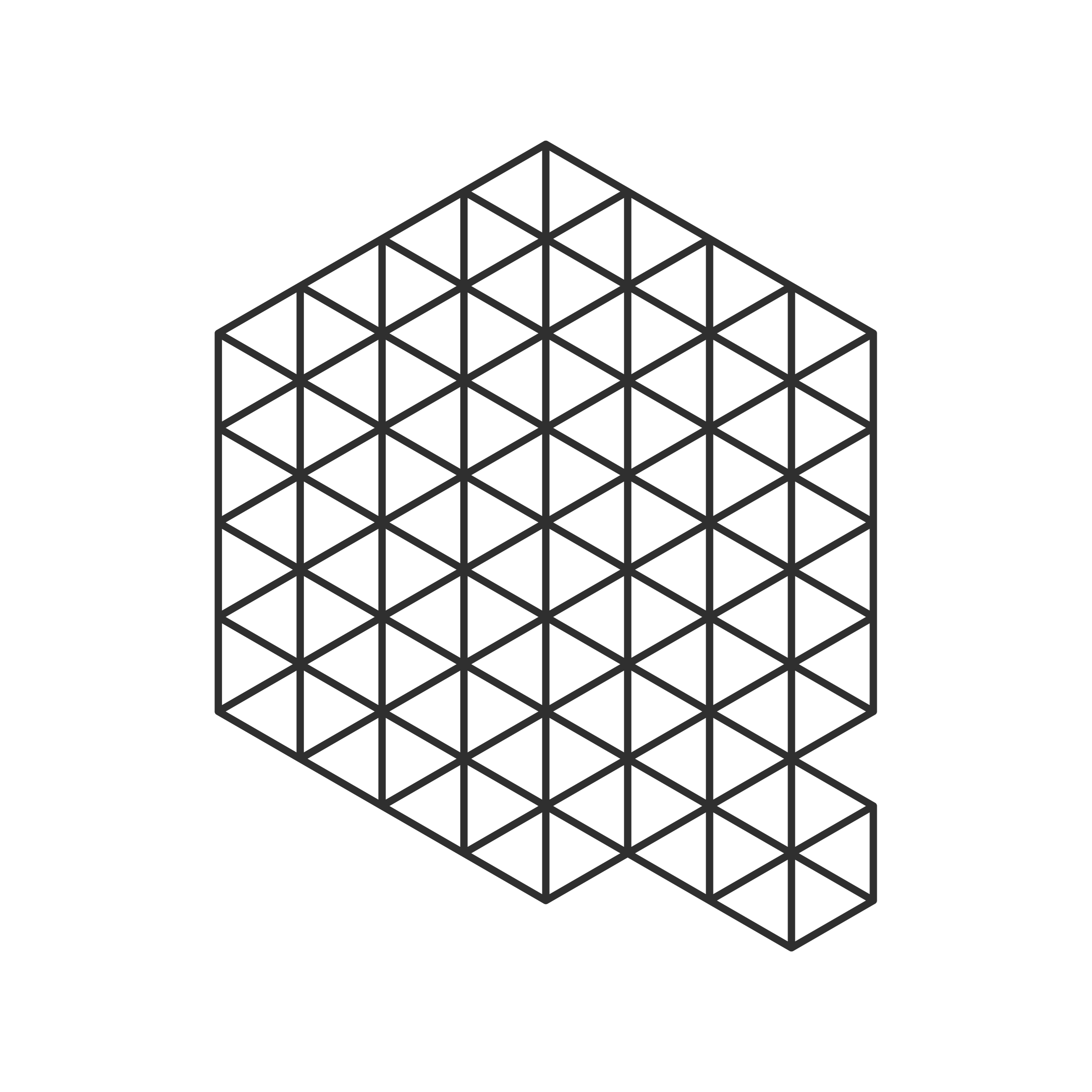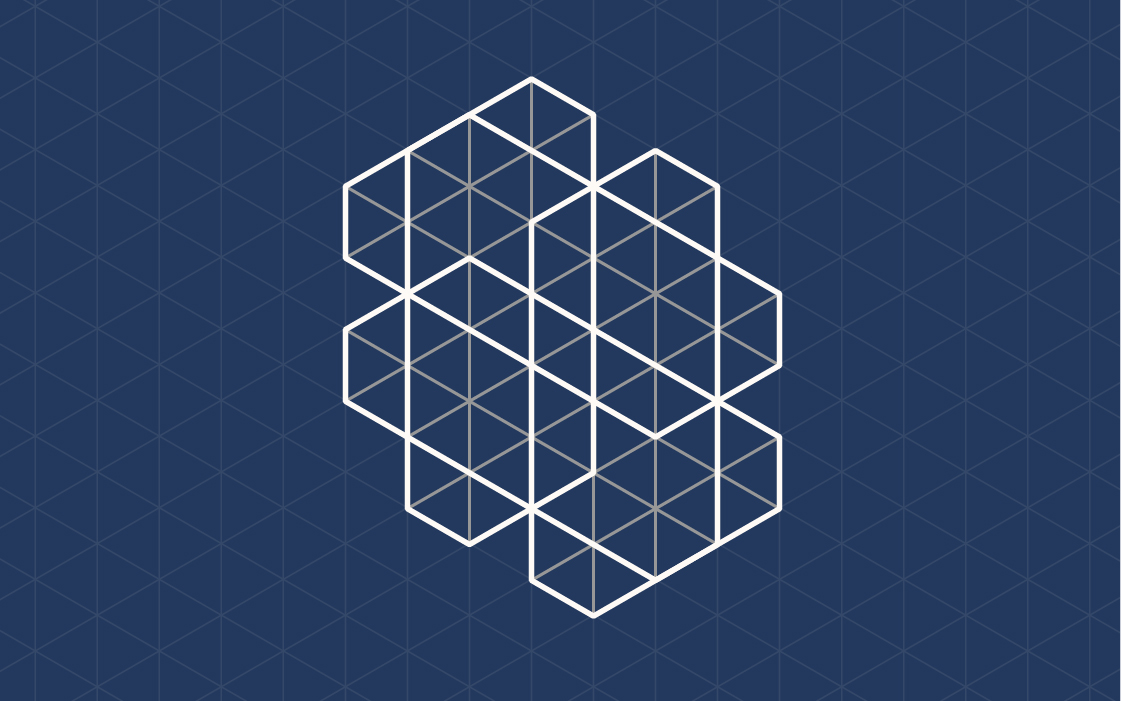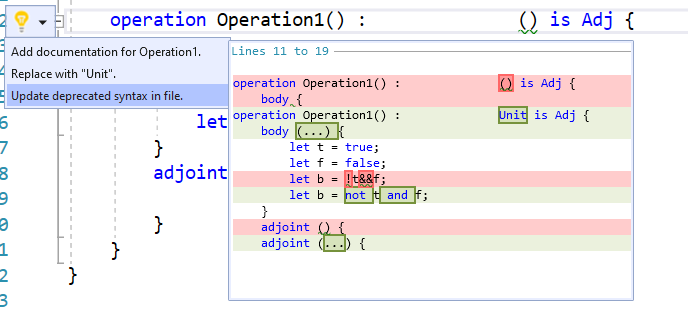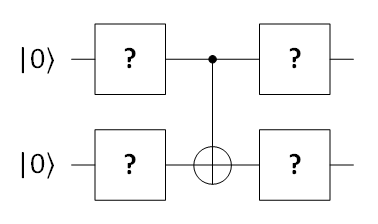Q# Blog
Quantum Development
Latest posts

Introducing Q# Lambda Expressions
Here we introduce the new Q# lambda expressions language feature and give some examples of its usage.

Announcing Azure Quantum challenge at QCHack 2022
We are excited to announce that Microsoft along with our partners IonQ and Quantinuum will join Quantum Coalition Hack, hosted during the week of April 4-10! Learn more about the challenge we'll be offering and the best ways to prepare for it.

Implementing DevOps for Quantum Applications
This blog post illustrates how CI/CD-pipelines can be built for hybrid quantum apps with tools from the Quantum Development Kit (QDK), GitHub Actions and various Azure services. These cover the full app lifecycle: from app building, automated testing, resource estimating up to provisioning the target environment and deployment of the app.

Explore Quantum Hardware for Free with Azure Quantum
Learn how to use the $500 Azure Quantum credits to experiment with our partners' quantum hardware.

Introducing the Q# Formatter
Here we introduce the Q# Formatter, a tool to help keep your Q# code up to date with the latest Q# syntax.

A quantum circuit logical puzzle
This blog offers you a quantum logical puzzle: you are given the outline of a simple quantum circuit and a set of clues about it, and you have to complete the circuit based on the clues.

Visualizing resource estimates with the trace simulator and quantum-viz.js
Estimating the resources and visualizing execution traces of Q# programs are useful tasks. The trace simulator from the QDK and quantum-viz.js Javascript library help to perform those. In this blog post, we customize the trace simulator to output a circuit with hierarchy and resource information to be displayed with quantum-viz.js. The flame graph visualization from last year's Q# advent calendar inspired this post. Here is an example of the circuit we're going to get for Shor's algorithm sample. Note how each operation is annotated with the resources it requires to run. The high-level steps ...

Hybrid Quantum Applications with Azure Functions
Quantum applications are typically of hybrid nature: there is always a classical component that submits and monitors the quantum jobs at runtime. This blog shows how Azure Functions can be used to integrate quantum components written in Q# via APIs into classical applications in a serverless model.

Four Years of Q#
A look back at the fourth year of Q#.
